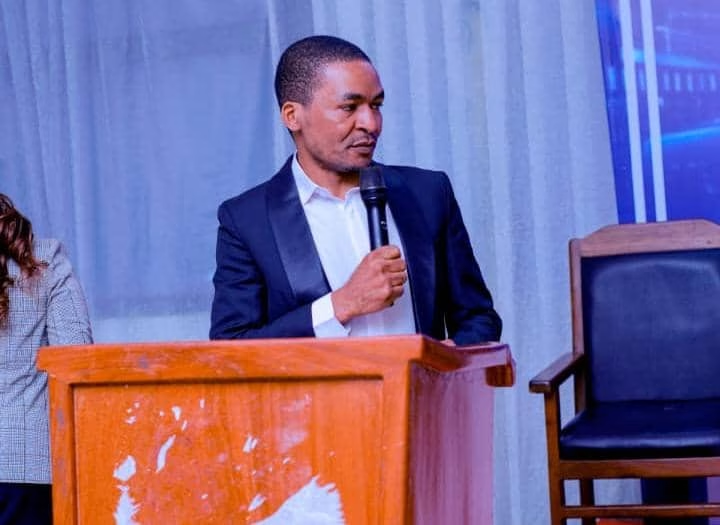“The heart of politics lies in effective communication. Effective communications demand three strategic guidelines: simplicity, repetition, and responsiveness.” F. Christopher Arterton, Oxford Academic (2023)
Public Relations (PR) is essential in politics; it is crucial for political communication. Politicians worldwide are constantly in the spotlight, and their success relies on how well their stories are told, crises are handled, and reputations are maintained.
PR in politics is more than just press releases, media soundbites, or campaign slogans. It includes crisis management, mobilizing volunteers, managing issues, safeguarding reputations, and even fundraising. Simply put, political parties cannot survive, let alone thrive, without effective PR departments.
The Problem: Loyalty Over Competence

In Tanzania and elsewhere, PR departments within political parties often exist only as titles without real function. For example:
- CCM has the Ideology, Publicity, and Training Department.
- CHADEMA has the Communication and Publicity Department.
- ACT Wazalendo has the Publicity, Information, and Public Relations Department.
Despite these formal structures, the truth is troubling: many of these departments are not run by trained PR and communication professionals. Instead, they are led by party loyalists whose commitment to the party overshadows their professional skills.
This situation raises an uncomfortable question: Can effective communication really thrive when loyalty outweighs expertise?
The result has been predictable—frequent changes in department heads, poor handling of crises, reactive instead of proactive communication, and lost chances to build genuine public trust. Political parties often choose “mouthpieces” over communication strategists. This weakens the very function that should enhance their image and connect them with the public.
Why This Matters

PR involves much more than managing reputation—it serves as a strategic leadership tool. When done right, it not only communicates decisions but also influences them. This requires trained professionals knowledgeable in Public Relations and Communication, not just devoted supporters.
When loyalty takes the place of competence, PR loses its powerful role and becomes merely an echo chamber. The effect? Parties communicate at people rather than engaging with them.
The Way Forward

For political parties to maintain credibility and relevance, they need to professionalize their PR units. This means:
- Appointing leaders with academic and professional training in PR and Communication.
- Seeing PR not as propaganda but as a strategic function of leadership and trust-building.
- Minimizing political interference in how PR departments operate.
Until then, PR in politics will remain focused more on loyalty than on effective communication—a risky approach for democracy.



